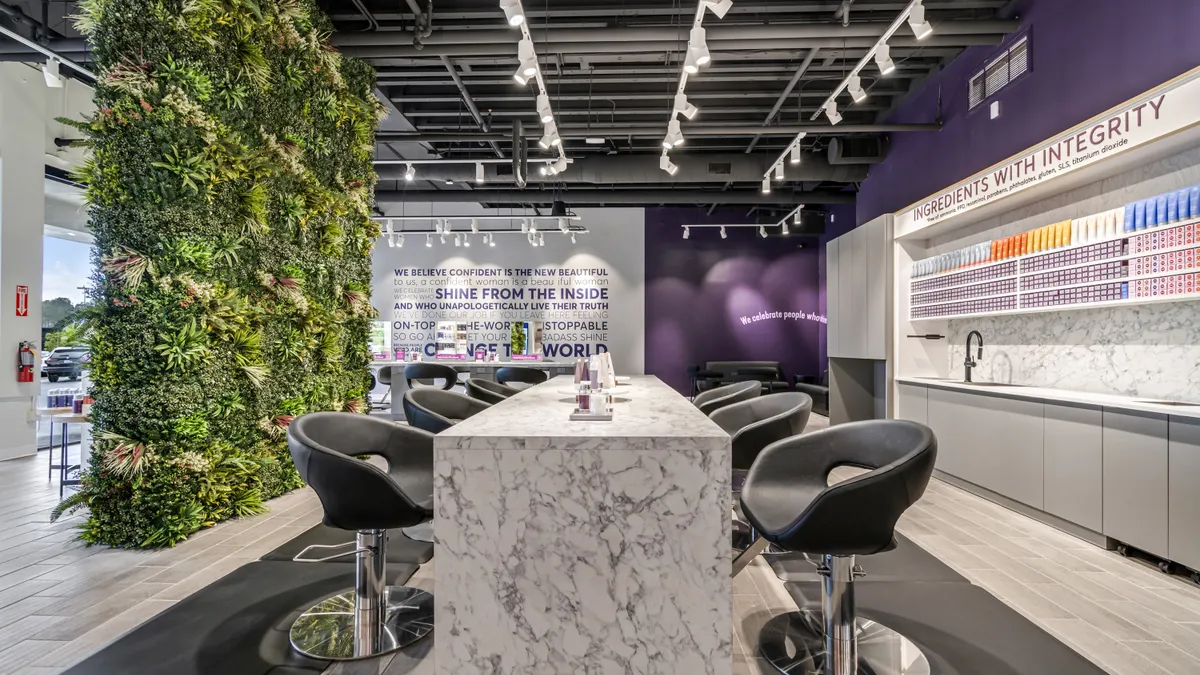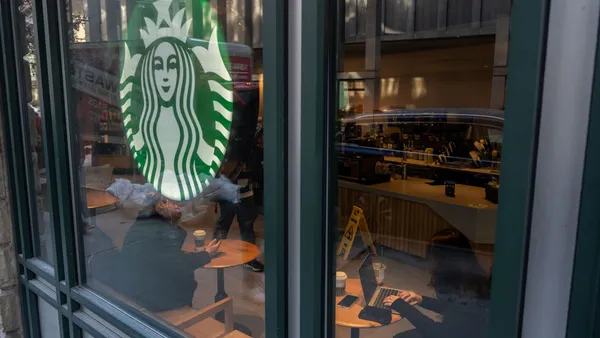Dive Brief:
- Consumer sentiment in the U.S. declined in August amid rising costs and economic anxiety, according to McKinsey’s ConsumerWise research released last week. Only 41% of consumers are optimistic about the U.S. economic conditions, down 3 percentage points from May.
- While the rate of consumers pessimistic about the economy decreased 4 percentage points to 21%, the number of consumers who said they had mixed sentiment about the economy swelled to 38%.
- A majority of consumers expect to spend around the same amount on essential goods, such as baby supplies and meat and dairy, as last quarter, according to McKinsey. But when it comes to semidiscretionary items, like fitness and wellness services, and discretionary items, like international flights, cruises and sports equipment, many consumers intend to reduce spending.
Dive Insight:
As brands prepare for the holiday shopping season, consumers are tightening their purse strings.
Inflation and rising prices are consumers’ leading concerns, while tariff concerns have eased from last quarter, according to the survey of more than 4,000.
Forthcoming global research from Qualtrics XM Institute also highlights price sensitivity. It found that consumer concerns about rising prices grew more than any other concern year over year, according to Isabelle Zdatny, head of thought leadership at Qualtrics XM Institute.
“What was top of mind and what they were most worried about, absolutely seems to be pricing concerns and pricing sensitivity,” Zdatny said. “Better prices was a big impetus to begin spending, and then good value for money was a big reason why people kept spending and staying with a company.”
This cautious sentiment is expected to have a notable impact on holiday shopping.
Consumers are looking to start their holiday shopping earlier to avoid high markups. More than one-quarter plan to start shopping before October, with millennials leading the charge. Shy of half of U.S. consumers plan to spend as much during the holidays as last year, while about one-quarter intend to spend less.
“Retailers may see a shift toward value-driven shopping, as consumers actively seek discounts, promotions, and lower-cost alternatives for gifts,” Kari Alldredge, leader of McKinsey's consumer growth work in North America, said via email. “As a result, this holiday season could be more subdued, with shoppers focusing on stretching their budgets and finding ways to celebrate without overspending.”
Alldredge says that while discretionary items will still play a role in gift-giving, McKinsey’s data shows a growing trend toward more practical gifts and essentials.
“A lot of the discretionary spending cuts are going to come from those like easy to switch industries,” Zdatny said. “So I think it's a question of: how do you turn what could be a very transactional relationship into something that's more relational over the long term?
The key, she said, is showing value, especially beyond just that initial purchase.
Best Buy, for example, has a “total care package,” where it offers unlimited tech support, replacements, store credits, Zdatny said. The message is: “We care about you, and we are going to make this right over the long run,” she said.











